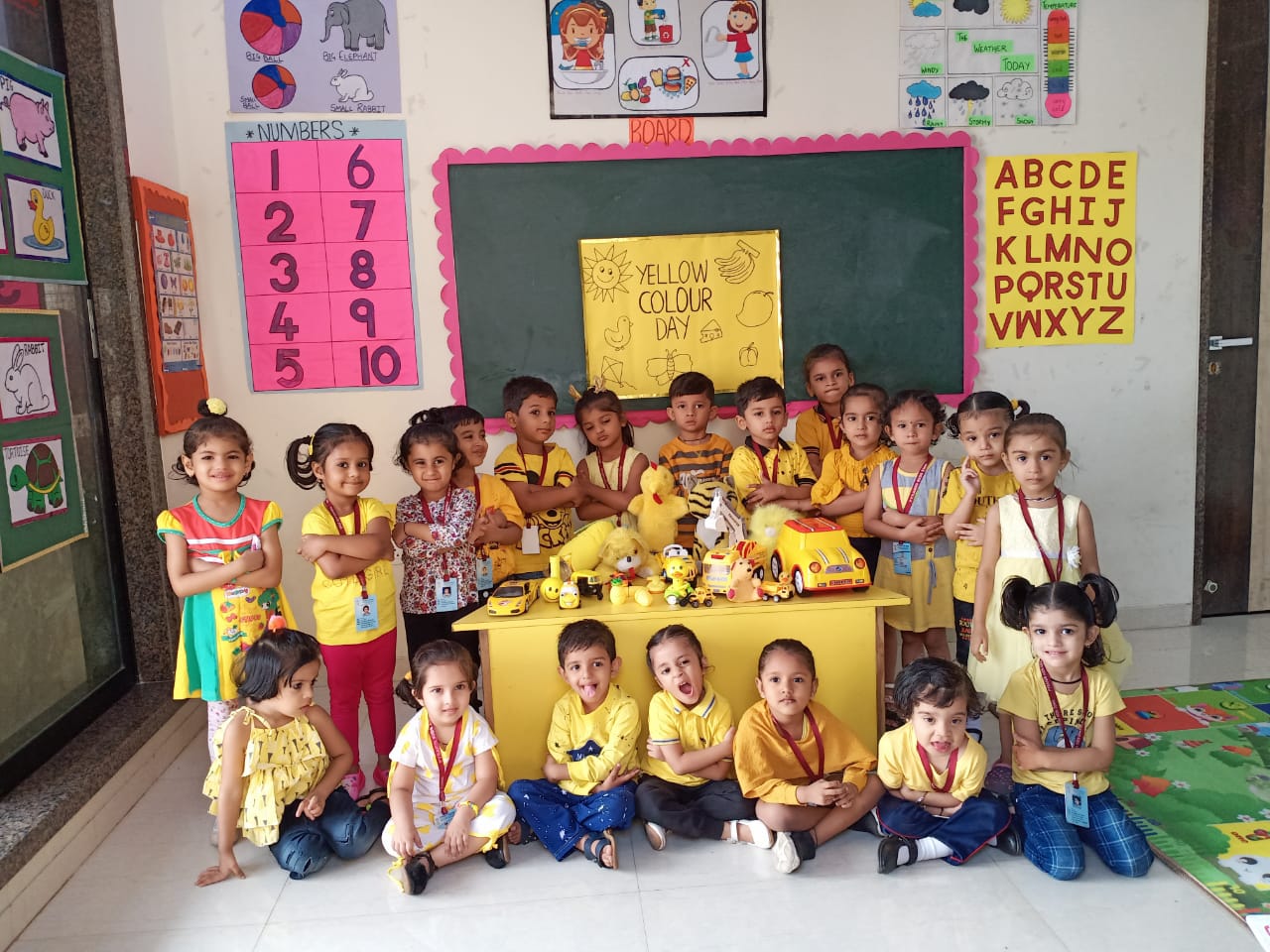Giving your child the best start in life
Get In Touch
Monday to Saturday: 10.00am – 07.00pm
Sunday: Close
Email: info@pyramidkidszone.com
Phone: +91 123 456 7891
Monday to Saturday: 10.00am – 07.00pm
Sunday: Close
Email: info@pyramidkidszone.com
Phone: +91 123 456 7891

One of the greatest gifts we can give our children is confidence in their own abilities. A confident child is more likely to take on challenges, solve problems independently, and develop a strong sense of self-worth. But how do we cultivate this independence without overwhelming them? The key is to provide guidance while allowing them the space to explore and grow on their own.
Start with Small Responsibilities
Children thrive on responsibility. Give your little one simple tasks like picking out their clothes, putting away toys, or setting the table. These small jobs not only teach decision-making but also instill a sense of pride in their accomplishments.
Encourage Problem-Solving
Rather than jumping in with a solution, encourage your child to think critically. Ask questions like, “What do you think we should do?” or “How can we solve this problem together?” This builds their confidence in handling situations independently while showing that their thoughts and ideas matter.
Praise Effort, Not Just Results
Children need to understand that success is about effort, not just the outcome. Instead of saying, “Great job on your test!” try, “I love how you kept trying even when it was hard.” This reinforces perseverance and a growth mindset, teaching them that setbacks are a normal part of learning.
Allow Age-Appropriate Choices
Letting children make simple choices, such as picking a bedtime story or deciding between two snack options, helps them feel empowered. These small decisions prepare them for bigger choices down the road, reinforcing the idea that they are capable and in control.
Teach Emotional Independence
Life is full of ups and downs, and learning how to manage emotions is crucial. Encourage your child to express their feelings and teach simple coping strategies like taking deep breaths when frustrated. When they learn to regulate their emotions, they become more resilient and self-assured.
From Fixer to Consultant: A Shift in Parenting
When our kids are little, our job is to be their protectors, fixers, and social secretaries. We baby-proof the house, schedule playdates, and step in when they struggle. But at some point, without warning, our role shifts to that of a consultant. Instead of solving every problem for them, we guide them in finding solutions on their own.
This transition can be tough. Our instincts tell us to step in and “fix” things, but true confidence and independence come from learning through experience. Instead of saying, “You should talk to your teacher about this grade,” try asking, “What do you think would help you understand this topic better?” Giving them ownership over their learning and problem-solving builds resilience.
Understanding Your Child’s Growth Zones
Think of your child’s development as an active construction site. Within this space, there are different “zones” that help us understand when to step in and when to step back.
The Comfort Zone
This is where your child feels safe and competent. They can complete tasks with ease and minimal support. While it’s a great place to build confidence, too much time here can lead to boredom and stagnation.
The Growth Zone
Right outside the Comfort Zone lies the Growth Zone—where the magic happens! Here, children stretch themselves, take on new challenges, and build new skills. As parents, our role is to support and encourage them through this process, standing close by but allowing them to learn through trial and error.
Failure Is an Option—And That’s Okay!
Failure isn’t something to be feared. It’s an essential part of growth. When kids learn that setbacks are just stepping stones to success, they develop resilience and grit. Instead of rescuing them from every struggle, allow them to experience small failures and guide them in understanding what they can do differently next time.
The Power of Praise
The way we praise our children has a profound impact on their mindset. Instead of praising success alone, focus on their efforts and strategies. “I saw how hard you worked on that puzzle!” reinforces perseverance more effectively than “You’re so smart!” Teaching kids that effort matters more than talent fosters a lifelong love of learning and problem-solving.
Letting Go to Help Them Grow
It’s natural to want to protect our children from pain, failure, and rejection. But by always swooping in to save the day, we prevent them from developing the independence and resilience they need to thrive. Instead of solving their problems, stand beside them as they learn to navigate life’s challenges. In doing so, you’ll raise a child who is confident, capable, and ready to take on the world.
Get all the latest information, support and guidance about the cost of living with kindergarten.
Start Registration